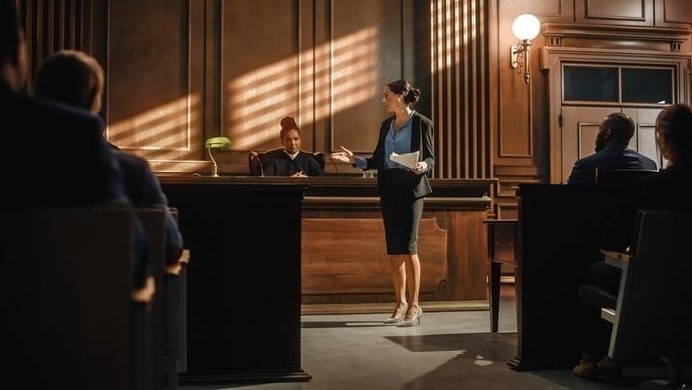Last Will and Testament in Colorado

The state of Colorado allows individuals to make a last will and testament to ensure that their assets are distributed according to their wishes. However, the process can be complex and difficult.
In order to be valid, a will must be written and signed by the testator. It must also be witnessed by two people who can validate the testator’s signature and the content of the document.
Creating a Last Will and Testament
Creating a last will and testament in Colorado allows the testator to express their wishes about the distribution of personal and real property after death. The document also allows the testator to name a guardian for any minor children and a representative to manage the estate. A last will and testament does not include medical directives or end-of-life care instructions, for which you would use a living will.
Regardless of how your will is written, it must comply with state requirements to be considered valid. For example, Colorado law requires that the will be signed by two witnesses. A notary public must acknowledge the signature and make a record of the date.
Changes to the will can be made by writing a new one, referred to as a codicil, but any such change must follow the same execution procedures as the original will. It is generally advisable to consult with a lawyer before making any major changes, especially those that could be contested.
Writing a Last Will and Testament
A last will and testament is a legal document that specifies how a deceased person’s assets are to be distributed to beneficiaries. It can also designate guardians for minor children (although it is best to discuss this with the potential guardian and ensure they accept the responsibility before listing them in a will).
A will can also set up trusts and forgive debts owed by the testator. It can also include funeral instructions and other wishes that the testator may have.
A will must be signed by the testator and at least two witnesses. The witnesses must sign the will in the presence of a notary public or person with similar authority. Colorado law does not require witnesses for holographic wills (a handwritten will), but they must confirm the signature and material provisions are in the testator’s own handwriting.
Executing a Last Will and Testament
A will is a legal document that allows a testator to list their wishes regarding the distribution of their personal and real property upon death. This property can be passed on to individual persons or organizations such as charities.
A last will can only be legally enforced if it is in writing. Oral wills are not valid and do not carry any legal weight in the state of Colorado. However, a holographic will, which is handwritten by the testator, may be accepted if there is sufficient evidence that it was completely written in the testator’s own handwriting and signed by them.
The testator must sign their name on the will, and it should be witnessed by two individuals. Getting your will notarized is optional, but it is highly recommended as it ensures that the witnesses can stand by their signatures. After the will has been signed, it should be kept in a safe place where it can easily be found when needed.
Obtaining a Last Will and Testament
In Colorado, a last will and testament is the standard way that people can determine what will happen to their property after they die. It allows a testator (the person making the will) to designate how they wish to distribute their personal and real property, including sentimental items such as family heirlooms. A will also nominates a guardian for young children. A will does not address end-of-life medical decisions or funeral instructions which should be covered by a living will (also known as an advance directive).
A will also allows the testator to avoid expensive and complicated probate proceedings when they pass away. However, to be valid under state law, a will must meet certain requirements. This includes being written in English, signed by two witnesses (in person or on video), and either typed or handwritten. The will must also be dated. If there are any changes to a will, they must be notarized. The will must be filed with the probate court.







